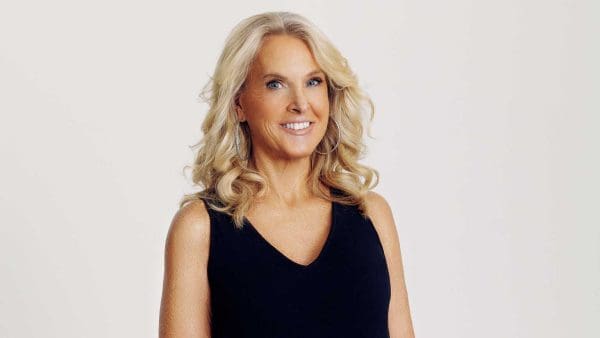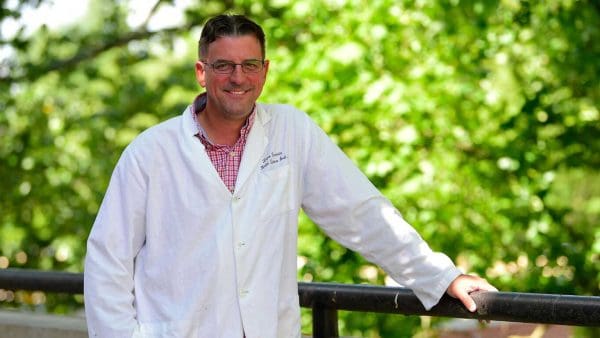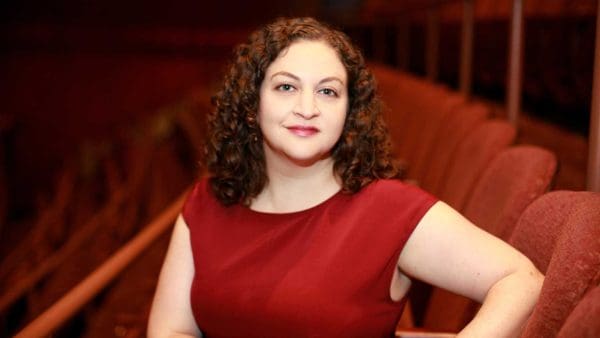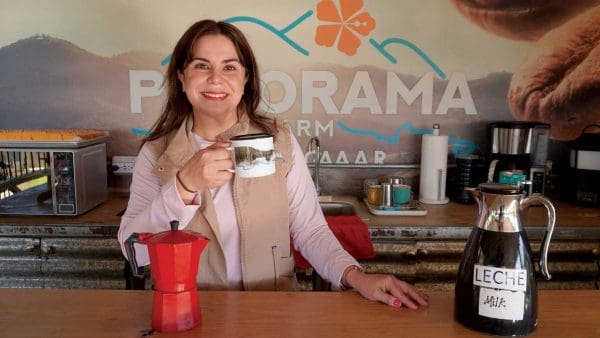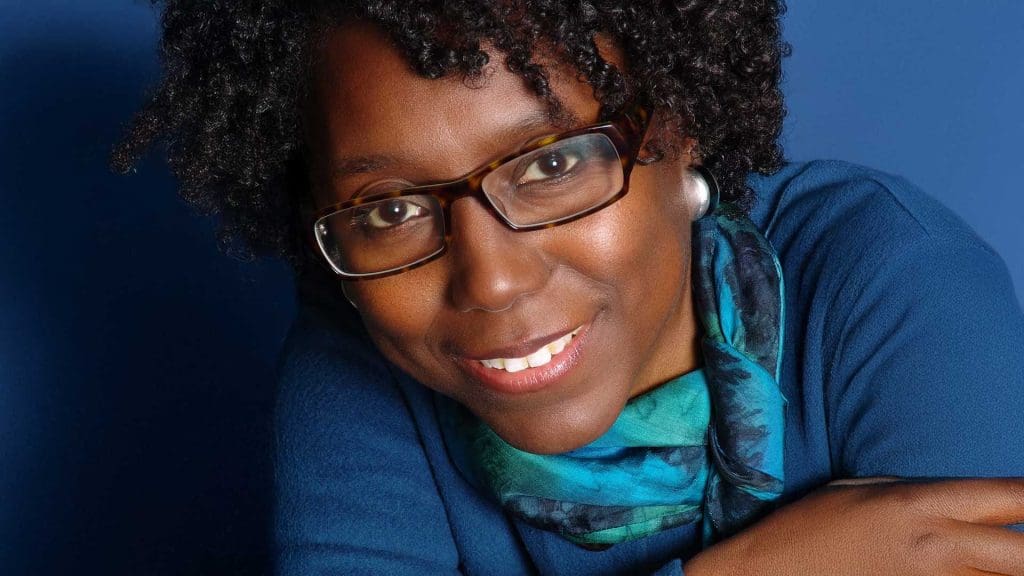
After Sunday services, Stephanie Boddie’s grandfather would sell candy to the children at the small church in Baltimore where he was a deacon.
It wasn’t until she learned about his matched savings program, called Individual Development Accounts (IDA), that she realized the genius of what Michael Sherraden was doing: taking the kids’ money, which they would otherwise spend at the candy store down the street, and putting everything over the cost of the candy into a scholarship fund that would support them in their college years—essentially helping them save their own money for education.
“There was a whole generation of us that received scholarship money from this project he had selling us candy,” Boddie ’86 recalls. “But even more than that, it was an opportunity to chat with us and begin mentoring us—before mentoring became a huge thing.”
That interplay between faith communities and the larger community, and the role that Black congregations play in the broader African American experience, have been the focus of Boddie’s research through the years. An associate professor of church and community ministries at Baylor University in Waco, Texas, Boddie is currently a distinguished senior scholar in residence at the University of Pennsylvania’s Program for Research on Religion and Urban Civil Society, where she is working on a book about lessons learned from the ways Philadelphia churches handled societal crises during the COVID-19 pandemic.
Public histories
The author of several books that cover a broad spectrum, from urban ministry to public health, Boddie cites both her grandfather and W.E.B. Du Bois as inspirations for the career she pursued after graduating with a bachelor’s degree in natural sciences from the Krieger School, and a master’s degree in social work and doctorate in social welfare from the University of Pennsylvania. Boddie’s fascination with Du Bois led her to co-direct the public history project “The Ward: Race and Class in Du Bois’ Seventh Ward,” which incorporates everything from documentaries and oral histories to murals and a board game to promote conversations about race.
The project’s oral histories include stories like that of Samuel Joyner, a World War II veteran who recalled having to line up behind white prisoners of war during military mealtimes, and how he focused his artistic ability on contributing to the Civil Rights Movement as an award-winning political cartoonist.
“He not only shares how devastated he was to experience this kind of racism while he was there to serve his country, but also how his faith helped him loosen the grip of what could have been debilitating hatred due to what he experienced,” Boddie says. “These hidden stories help us understand their individual experiences, but also American history and African American history, and how far we’ve come in addressing racism and how much farther we need to go.”
Combining data and stories
Such storytelling is the foundation for Boddie’s research, through which she pushes beyond facts and figures to connect with the people who benefit from her work, whether the project is about helping formerly incarcerated people re-enter society, or addressing food insecurity and climate change.
“The basic framework is leading with both data and stories,” she says. “Because data gives people an idea of the magnitude of the challenge, and putting a story or a face to that particular issue helps people see that this could be me—someone in my family could be going through this.”
That narrative approach flows into another project, “Unfinished Business”—a unique combination of documentary and live music that Boddie, who trained in classical voice at Hopkins and was a founding member of the Hopkins Gospel Choir, created and performs at theaters, churches, museums, universities, and conferences in major cities around the country. “Hopefully, because this project includes both stories and tells stories through music, it touches people in a deeper place and they feel moved to engage with this work and find their own stories in it, no matter what background they come from,” she says.
Just as her grandfather found creative ways to focus on community uplift, Boddie sees motivating people to consider different perspectives as a key part of her work in every project. “It isn’t enough to do a research study and write a book,” she says. “It’s important for me to see how this knowledge actually has an impact on the community that needed it the most.”

